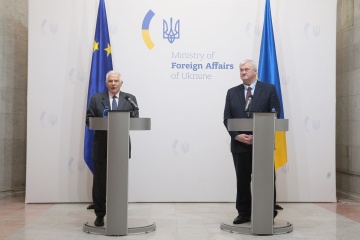
Zelensky and Trump teams agree to start preparations for meeting - Sybiha
The teams of Ukrainian President Volodymyr Zelensky and U.S. President-elect Donald Trump will begin practical preparations for organizing their meeting.
09 November 2024

The teams of Ukrainian President Volodymyr Zelensky and U.S. President-elect Donald Trump will begin practical preparations for organizing their meeting.
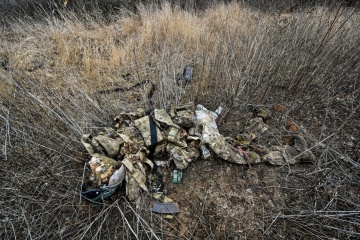
UK Secretary of State for Defense, John Healey, stated that Russian war casualties on the battlefield in Ukraine reached a new peak in October.
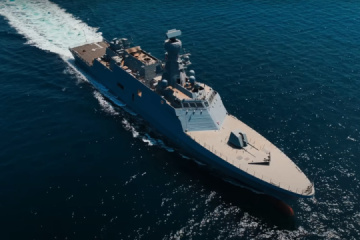
The future flagship of the Ukrainian Navy, the corvette ‘Ivan Mazepa’, has demonstrated high combat readiness during the trials.
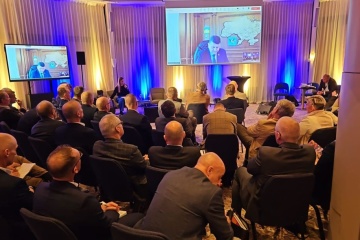
Ukraine's Ambassador to the United Kingdom, Valerii Zaluzhnyi, attended an international seminar on the invitation of the Royal Netherlands Army and the Bundeswehr. The seminar focused on discussing the development of strategic defense perspectives, where Zaluzhnyi outlined the trajectory of technological advancements on the battlefield.
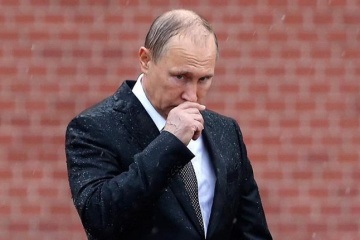
Russian dictator Vladimir Putin appears to be assuming that U.S. President-elect Donald Trump will defer to the Kremlin's interests and preferences without the Kremlin offering any concessions or benefits in return.
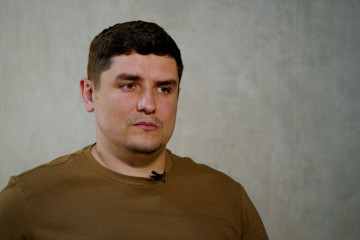
You have no intention to die when going to kill the enemy
08 November 2024
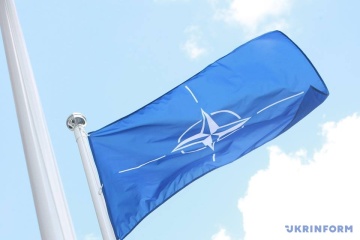
The North Atlantic Council strongly condemns the decisions by the leaders of the Russian Federation and the Democratic People's Republic of Korea (DPRK) to dangerously expand Russia's unprovoked war of aggression against Ukraine.
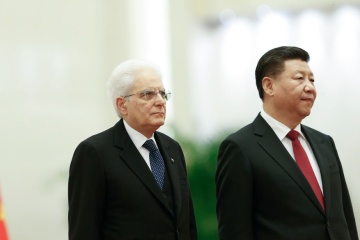
Italian President Sergio Mattarella plans to urge China to take an active role in mediating the war in Ukraine and the situation in the Middle East during his visit to Beijing.
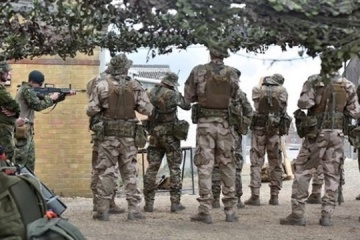
The Council of the EU extended the mandate of the European Union Military Assistance Mission in support of Ukraine (EUMAM Ukraine) for a further two years and allocated additional funds to ensure its activities.
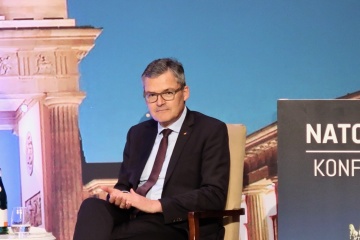
Germany should have started training Ukrainian military personnel to operate Taurus missiles already now, because this would be a warning to the Kremlin.
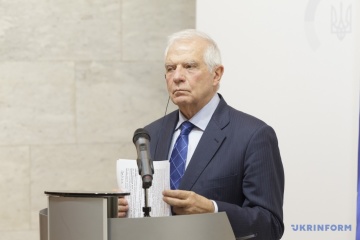
The current situation in the world requires unity from Europe in order to preserve its sovereignty and independence, and this concerns both the EU and Ukraine, which should be at the table of the global geopolitical game, rather than on its menu.
07 November 2024
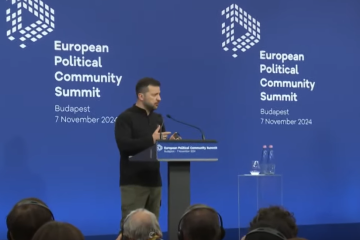
President Volodymyr Zelensky says Russia will exploit any ceasefire without security guarantees for Ukraine to prepare for the further occupation of Ukraine.
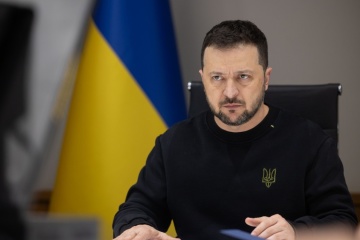
Damages that Ukraine suffered as a result of Russian aggression have reached nearly $800 billion.
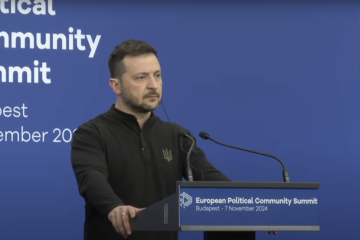
Ukraine will not be able to conclude a bilateral agreement with Hungary without a separate clause regarding NATO.
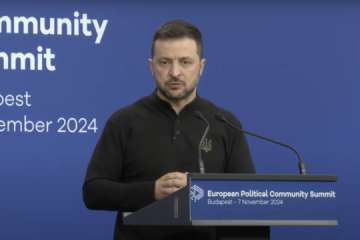
President Volodymyr Zelensky of Ukraine met with NATO Secretary General Mark Rutte on the sidelines of the European Political Community summit in Budapest, Hungary, where the two leaders discussed the strengthening of Ukraine’s air defense and investments in the Ukrainian production of artillery rounds, drones, and long-range weapons.
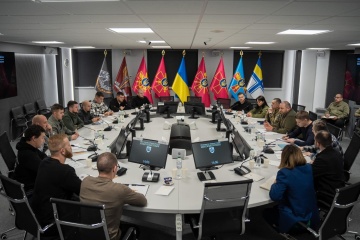
Defense Minister Rustem Umerov and Chief of the General Staff Lieutenant General Anatoliy Barhylevych discussed with the military the current needs of the army and further steps in its modernization.
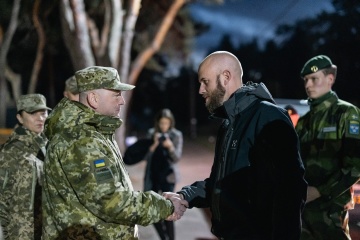
Chief of the Ukrainian State Border Guard Service Serhii Deineko and Swedish Defense Minister Carl-Oskar Bohlin have discussed the issue of sharing experience and increasing Ukraine's defense potential, including by strengthening maritime security.
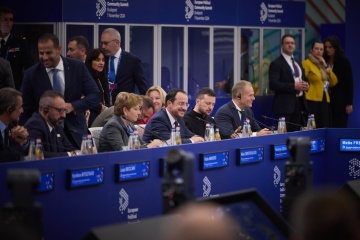
Ukrainian President Volodymyr Zelensky has said that Ukraine needs a sufficient amount of weapons, rather than support in talks with Russia.
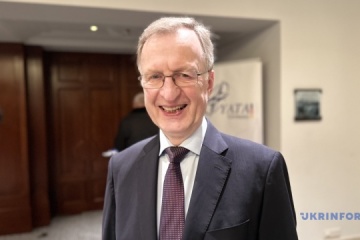
The new U.S. administration will have to understand that Ukraine's independence and stability are necessary for stability in the Euro-Atlantic space, while Europe must at the same time take on more commitments to support Kyiv.
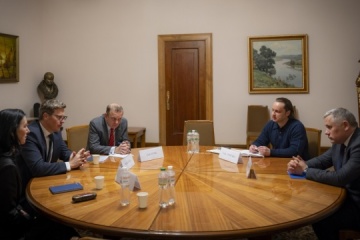
The Deputy Head of the Office of the President of Ukraine, Ihor Zhovkva met with the Undersecretary for Political Affairs at the Ministry of Foreign Affairs of Estonia, Martin Roger.
06 November 2024
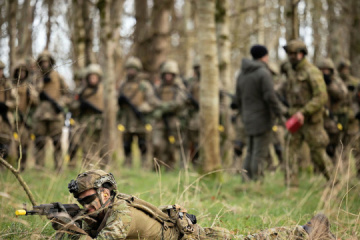
More than 62,000 Ukrainian service members have undergone training in EU countries through the EU Military Assistance Mission in support of Ukraine (EUMAM Ukraine) since October 2022, and this number will increase to 75,000 by the end of the year.
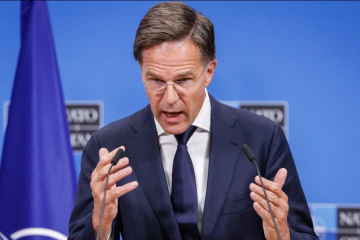
NATO Secretary General Mark Rutte called the presence on European soil of North Korean troops fighting on the side of Russia in the war it started with Ukraine is "deeply dangerous for global security" and called for a change in the conflict’s trajectory.
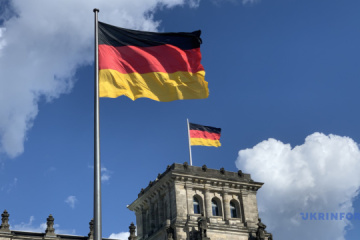
Berlin and Washington should work together to ensure that U.S. assistance to Ukraine does not decrease.
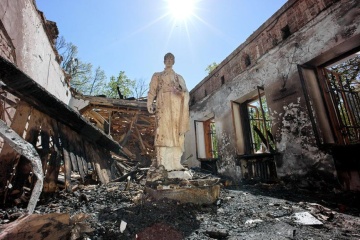
The Center for Strategic Communication and Information Security pursues efforts to provide a brief explanation to foreign audiences on the current topics of particular interest as regards Ukraine.
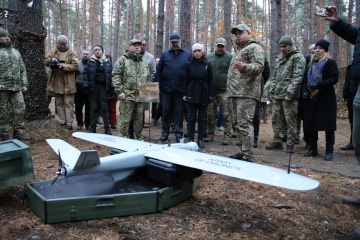
German Foreign Minister Annalena Baerbock has visited a Ukrainian border unit in the Chernihiv region.
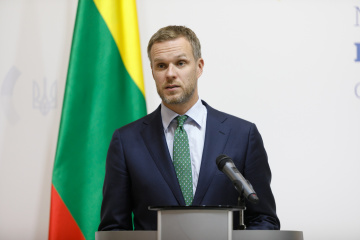
Lithuanian Foreign Minister Gabrielius Landsbergis criticized the idea of a "peace agreement" with Russia and stressed that talk of Ukraine's "recovery" is hollow if the country is left vulnerable, waiting for the next attack from the aggressor.
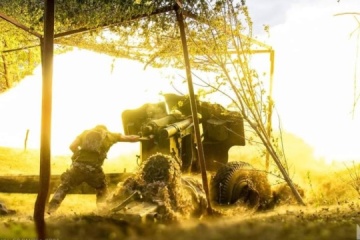
North Korean troops engaging in Russia’s war against Ukraine has globalized the conflict, intensifying the risks as Ukraine faces two highly militarized adversaries.
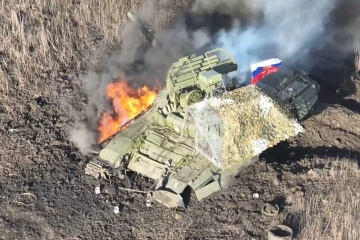
The total combat casualty toll Russia has suffered since the full-scale invasion of Ukraine has reached an estimated 702,900, including 1,250 killed or wounded in the last day.
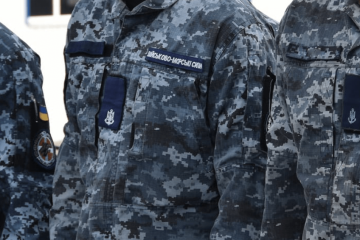
Seven cadets from the Institute of the Naval Forces of the Armed Forces of Ukraine completed a training course at the Academy in Bulgaria as part of the Nato-Deep-Ukraine program.
05 November 2024
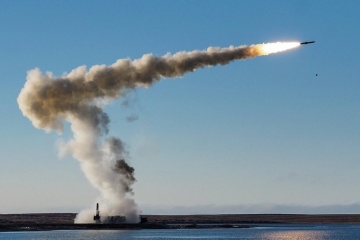
Russia has amassed a stockpile of at least 120 Kh-101/555 missiles, which, combined with other missile weaponry, is enough for several large-scale attacks.